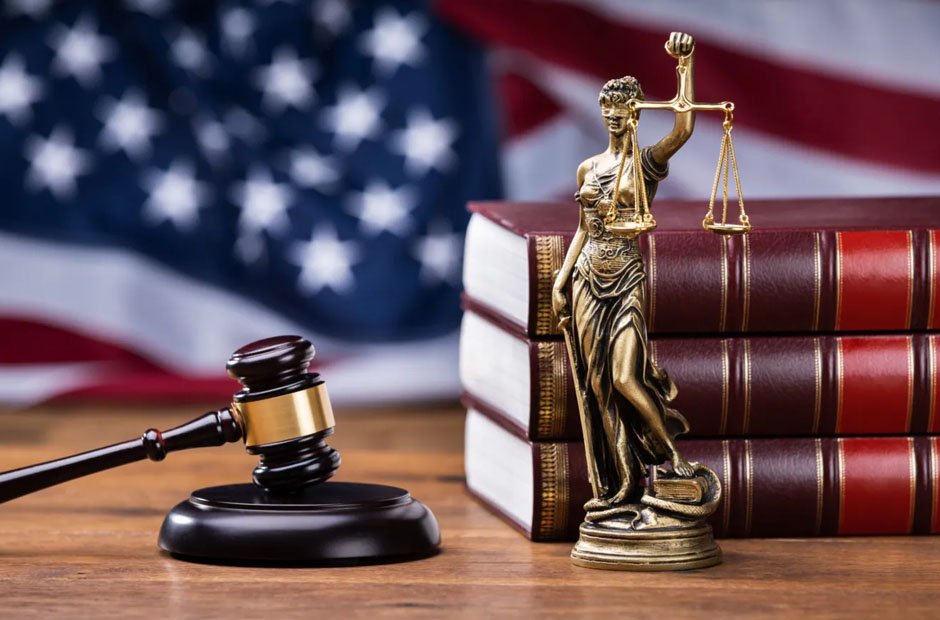Institutions like schools, churches, and youth organizations have a responsibility to protect the people in their care. Unfortunately, some fail to act when abuse happens, allowing harm to continue unchecked. A California sexual abuse lawyer can help survivors hold these institutions accountable through civil legal action. If someone in a position of power hurt you and believe the organization knew or should have known, you may have the right to take legal action. Speaking up isn’t easy, but it can be the first step toward justice.
When Institutions Can Be Held Responsible
Institutions can be held responsible when they are aware of abuse or warning signs and fail to take action. This includes ignoring complaints, covering up incidents, or allowing known offenders to stay in positions of trust. In these cases, the law may consider the institution’s inaction as contributing to the harm.
Types of Institutions Often Involved
Here’s a look at the kinds of institutions that are often named in abuse-related lawsuits. These places are trusted to keep people safe, but when they fail, they may be held legally responsible.
Schools and Universities
Public and private schools are meant to be safe spaces for students, but abuse can still happen within classrooms, sports teams, or after-school programs. When school staff or administrators fail to address complaints or protect students, the school itself may be held accountable.
Religious Organizations
Churches, dioceses, and other religious institutions have been at the center of many high-profile abuse cases. Often, these organizations failed to report misconduct or reassigned offenders without addressing the abuse, putting more people at risk.
Youth Sports Leagues and Clubs
Coaches and volunteers in youth sports are often in positions of trust and authority. If an organization fails to screen staff properly or overlooks red flags, it can be found responsible for enabling abuse.
Foster Care Agencies and Group Homes
Children in foster care or residential treatment are especially vulnerable. When agencies fail to monitor placements or ignore warning signs, they may face legal consequences for neglecting their duty to protect.
Healthcare and Mental Health Facilities
Hospitals, clinics, and treatment centers must ensure that their staff treat patients with respect and care. If abuse happens and the institution did not take proper precautions or respond appropriately, they can be held liable.
How the Legal Process Works
If you’re considering taking legal action against an institution, it’s helpful to understand what the process entails. While every case is different, here are the general steps you can expect when filing a civil lawsuit related to abuse.
Gathering Evidence
Your legal team will help you collect documents, witness statements, reports, or anything else that supports your case. This stage is important because strong evidence can show how the institution failed to protect you or ignored signs of abuse.
Filing a Lawsuit
Once there’s enough information, your lawyer will file a formal complaint with the court. This document outlines what happened, who is responsible, and what kind of justice or compensation you’re seeking.
Discovery Phase
Both sides exchange evidence and take sworn statements from key people during this part of the process. It can be time-consuming, but it often reveals how much the institution knew and when they knew it.
Negotiation or Mediation
Many cases are resolved before going to trial through a settlement or mediation process. This can be a faster and more private way to reach a resolution, but it still involves careful negotiation.
Trial
If a settlement isn’t reached, the case may go to court. Here, both sides present their arguments, and a judge or jury makes the final decision about liability and compensation.
Understanding California Laws That Support Survivors
California has some of the most survivor-friendly laws in the country, making it easier for people to come forward. The state has extended the time limits for filing abuse-related lawsuits, giving survivors more time to process and take legal action. These changes reflect a growing recognition of how long it can take to speak out after trauma.
Why Survivors Sue Institutions
Survivors often take legal action to hold institutions accountable for allowing abuse to happen. It’s not just about money, but about getting answers, creating change, and making sure others are protected. A lawsuit can also bring a sense of closure or validation after being ignored or silenced.
What to Look for in a Legal Team
Choosing the right legal team makes a big difference when you’re dealing with something this personal. Look for someone who understands the emotional weight of your story and has experience handling cases against large institutions. A good lawyer will explain your options clearly, keep you informed, and always put your well-being first.
Final Thoughts
Taking legal action against a powerful institution can feel overwhelming, but you don’t have to go through it alone. A California sexual abuse lawyer can help you understand your rights and guide you every step of the way. Speaking up is a brave first move toward justice and healing.



